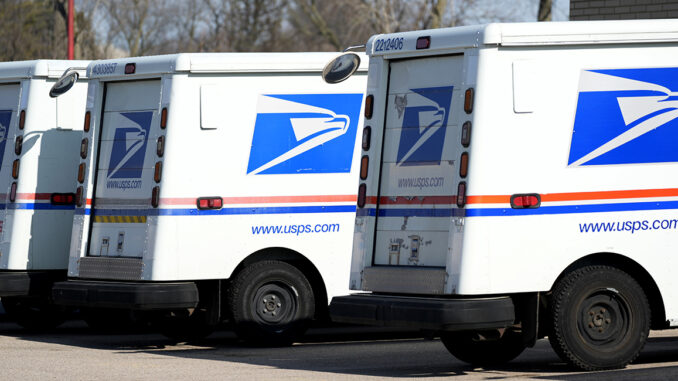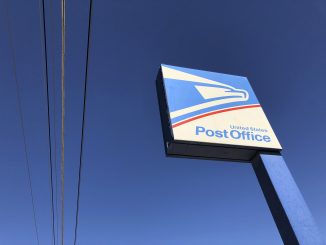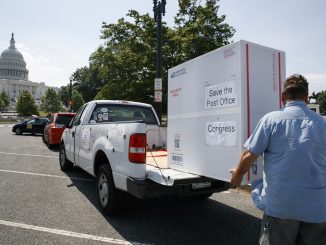
In a letter released Monday, U.S. Postmaster General Louis DeJoy assured state election officials that he’d work with them to handle their warnings of problems with election mail delivery during the primary season. He also insisted that the Postal Service will be ready for the flood of mail-in ballots ahead of the November election.
He said the Postal Service already dealt with most concerns raised by election officials after they warned that properly addressed election mail was returned — a problem that can cause voters to be automatically placed on inactive status — and that mail-in ballots were postmarked on time but arrived after election deadlines.
DeJoy said that postal employees’ training is already being beefed up. The Postal Service is already in constant contact with election officials and will work with them to address quality problems that caused incorrect deliveries or mail to be returned to sender. Officials said he’d work with them to avoid a repeat of “flawed ballot envelope designs,” though many envelopes were already designed and printed.
DeJoy wrote that the Postal Service also has teams to tackle mail flagged as “undeliverable as addressed” or any other problem that might arise with election mail.
The National Association of Secretaries of State and the National Association of State Election Directors raised the concerns, even as former President Donald Trump continues to falsely claim he won in 2020 and seized upon the mail delivery troubles to sow doubts about the upcoming election.
In 2020, amid the coronavirus pandemic, election officials reported sending just over 69 million ballots in the mail, a substantial increase from four years earlier.
While the numbers this year may be smaller, many voters have embraced mail voting and come to rely on it. Both Democrats and Republicans have launched efforts to push supporters to vote early, either in person or by mail, to “bank” their votes before Election Day on Nov. 5. In a sign of how quickly Election Day is approaching, the first batch of mail ballots was sent last week to absentee voters in Alabama.
On Monday, Steve Simon, president of the National Association of Secretaries of State, stated that the Postal Service has been slow to respond to concerns. He said that localized problems can be quickly addressed but that “larger issues remain.”
“If the nation’s election officials felt these issues had been properly addressed with USPS staff over the last year, then there would have been no need” for the election groups to air their concerns last week, he said.
Mandy Vigil, president of the National Association of State Election Directors, agreed “that the issues we’ve raised have not been resolved adequately going into the November election.”
In his response, DeJoy acknowledged that a massive network reorganization caused some temporary problems but assured the two bipartisan election groups that changes are now being limited to avoid slowing election mail ahead of the November election.
He suggested that the Postal Service’s performance in past elections should speak for itself.
Postal Service officials said that nearly 98% of ballots were returned to election officials within three days and that 99.9% were delivered within seven days in the last presidential election — at the height of the pandemic in 2020.
“As demonstrated consistently in previous elections, election mail routinely outperforms our regular service performance due to our long-standing processes and procedures,” DeJoy wrote.
DeJoy said first-class mail is currently averaging 2.7 days for delivery, even though the two groups wrote in a letter last week that some election officials received timely postmarked ballots after Election Day and outside the three to five business days the Postal Service sets as the standard for first-class mail.



